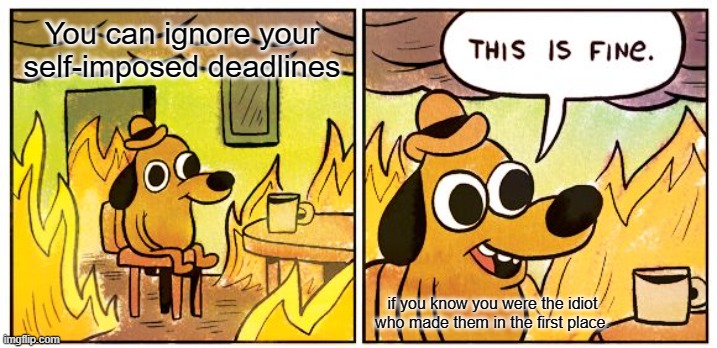The “Black Box” Approach to Editing
A piece of editing advice often given to writers is "Kill your darlings." The feedback we receive from readers is important to identify these sections that don't work. Even if we think it's the greatest bit of prose we've ever written, these "darlings" have to go. If you're lucky, these portions of your story added nothing to the overarching plot and can be easy to write around. However, what happens when the darlings you just killed leave tremendous gaps in your story?
Chances are, you've probably written the entire story before you gave it to someone to critique (at least, that's how you should do it). You've likely spent a bit of time figuring out the logic of the plot, ensuring that actions result in your intended consequences. But if a key event in your plot isn't landing correctly and you need to cut it, how do you stitch together what you have? How do you make it so you don't...

